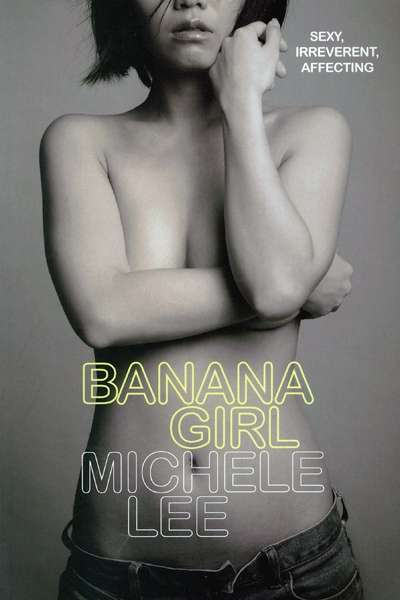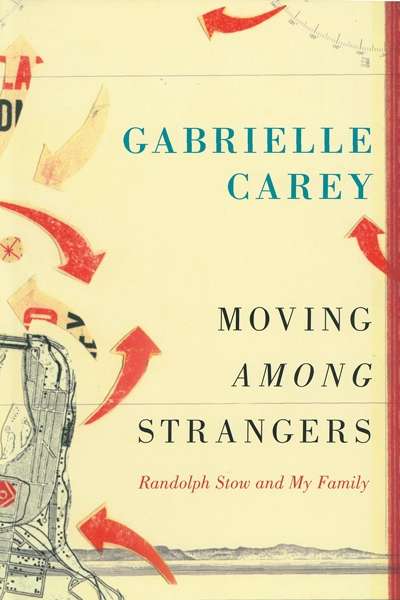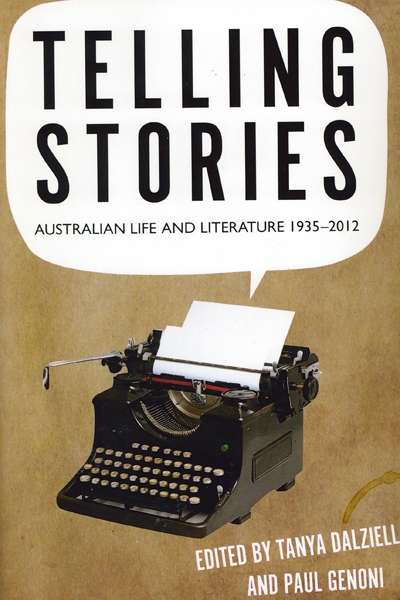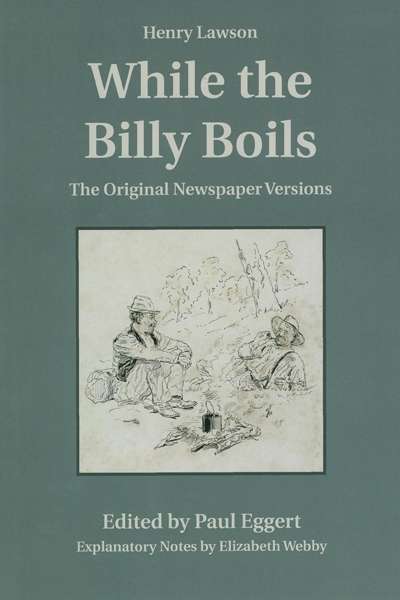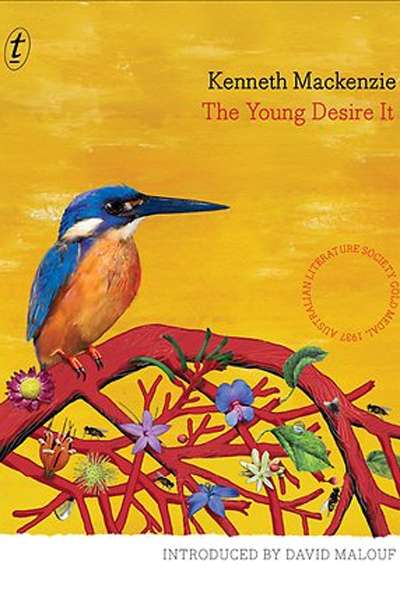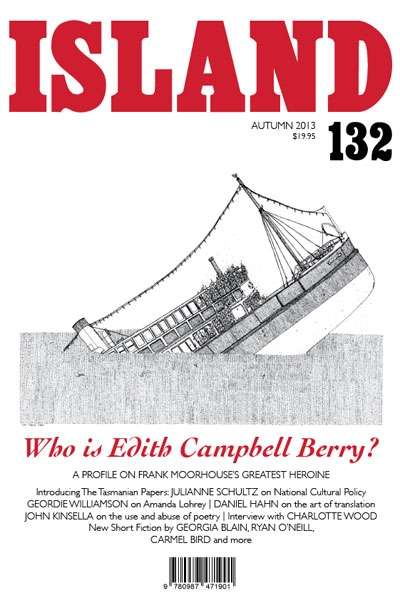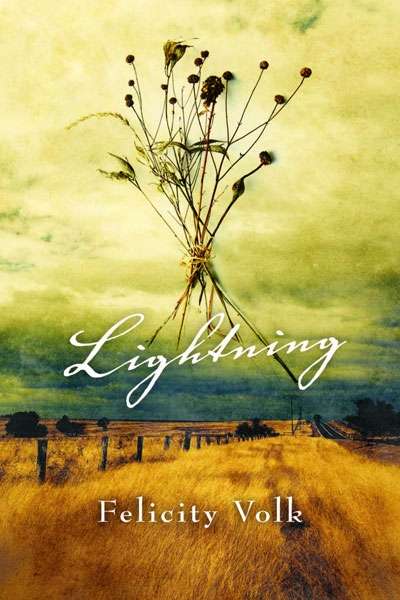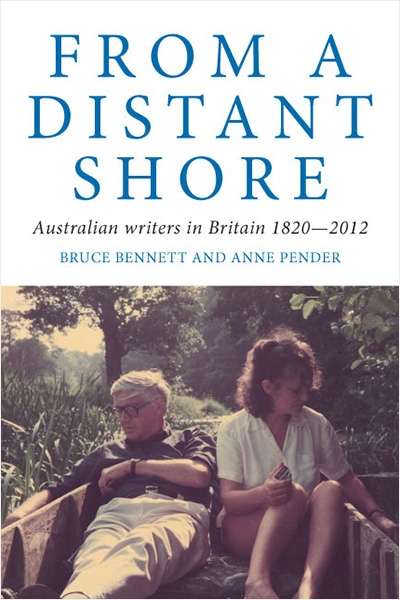Australian Literature
It’s Raining in Mango: Pictures from the Family Album was first published in 1987, on the eve of the bicentenary of white settlement in Australia, when many versions of the story of Australia were advanced and debated. Thea Astley’s book presents a family, the Laffeys, as a microcosm of the national story. It is a novel made up of stories told by Connie ...
Last week I received an envelope in the mail, the address written in my father’s hand. My heart accelerated a little and it struck me as unseemly, at my age and in my circumstances, to be still so easily rattled by a parent.
... (read more)Moving Among Strangers: Randolph Stow and My Family by Gabrielle Carey
by Susan Sheridan •
Telling Stories: Australian Life and Literature 1935–2012 edited by Tanya Dalziell and Paul Genoni
by Susan Lever •
While the Billy Boils by Henry Lawson & Biography of a Book by Paul Eggert
by Paul Brunton •
Island 132 edited by Rachel Edwards and Matthew Lamb
by Cassandra Atherton •
From a Distant Shore: Australian Writers in Britain 1820–2012 by Bruce Bennett and Anne Pender
by Ros Pesman •

